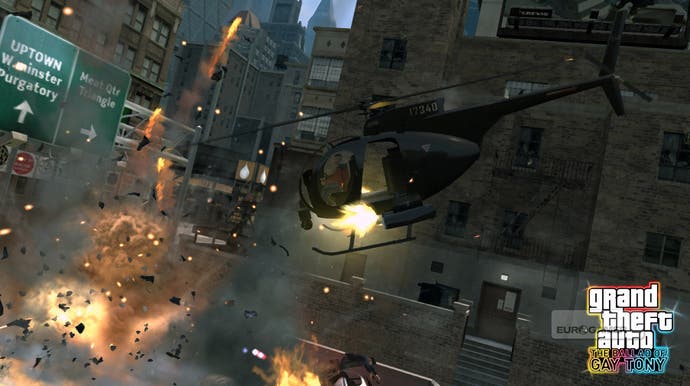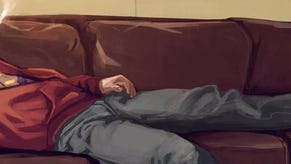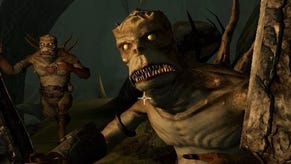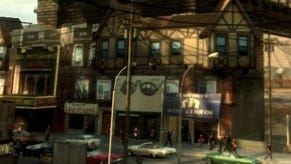Episodes From Liberty City
Happy choppers.
The Lost and Damned is moody, atmospheric and at times nostalgic and thought-provoking (not to mention very well written in places - chapter leader Billy Grey is never short of poetic justification for his actions, including a rather good one about the unifying, "centrifugal inertia" of the biker lifestyle). The Ballad doesn't care so much for character development; it's sillier and less predictable, a game more interested in what might happen if you shoved half of Bolivia up the nostrils of a Middle-Eastern playboy than whether said playboy has a past or a future and how they contribute to his behaviour.
The contrast is significant, and this proves to be a strength of Episodes From Liberty City. While it sometimes felt a bit weird in Grand Theft Auto IV to sit through a downbeat cut-scene about broken promises, sacrifice and revenge and then go off and sit in a comedy club or blow up police cars, Episodes has no such trouble: come this way for grainy fonts, leather, driving motorcycles in formation and pain; come this way for explosive shotgun shells, rainbows and golden helicopters.
One thing the two games - a fair description given that each lasts as long as the average blockbuster FPS campaign - have in common is a range of common deathmatch multiplayer modes, although there are some other, episode-specific ones. The Ballad probably does best out of these, simply by giving parachutes to players in the free-play mode. One of the main game's side-mission types is base-jumping - the practice of leaping off a skyscraper or out of a chopper and then deploying a parachute - and online you and some well-drilled friends can race together to complete several of these in sequence and post a score derived from the time this took and the precision of each landing.

Between the two episodes, you shouldn't expect much change from 15 hours of gameplay, assuming you decide to stick around for some of the many diversions beyond the main story missions. The Lost and Damned invites you to take part in motorcycle races and gang wars, while The Ballad lets you dabble in club management and, er, gang wars, as well as jumping off things. There are other things to do if you look hard enough, and an impressively deep and tailored soundtrack for each lifestyle, along with a lot of TV and radio content (including three extra radio stations for Gay Tony in this disc version), all of which is quite admirable considering the episodes' origins as downloadable content.
But then, Rockstar seems to have built The Lost and Damned and The Ballad of Gay Tony with their eventual unification in mind, so perhaps that's not surprising. It's also not surprising that while the two are heavyweights in the world of downloads, they are pretty much the sum of their parts in the big-hitting world of games-on-disc at the tail end of 2009, and priced accordingly. But the distinct personality of each component means that while this is still a nearly-two-year-old game in many respects, it's also a game of many more flavours than its contemporary opposition, and it's hard to imagine a Grand Theft Auto fan finding the experience disappointing.





